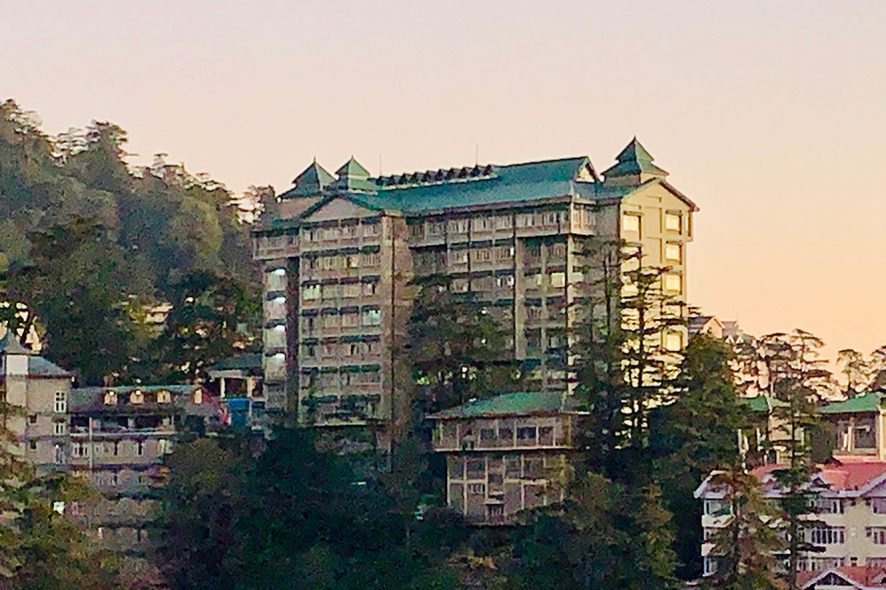Himachal Pradesh High Court: A Single Judge Bench of Sanjay Karol J., dismissed the criminal revision petition to acquit the accused of the offences under Sections 420, 467, 468 and 471 read with Section 120-B of the IPC, 1860, and any other pending applications filed in relation to it, as it was devoid of any merit to be of consideration.
The petitioner had sought a job at Government College, Dhaliara, by presenting forged certificates. His family members had also procured false certificates so as to gain employment with the Government of Himachal Pradesh. He had also managed to obtain recognition for 100 B.Ed seats and 25 B.Ed seats in the Thakur College of Education on the basis of these false documents. After the culmination of the investigation by the CBI, the report of the same, which identified Dilesh Kumar as the kingpin of the operation, was sent to the Chief Judicial Magistrate. The Chief Magistrate, exercising its powers under Section 306 of the CrPC, granted a tender for pardon to two of the accused named by the CBI in its report, after duly examining them under oath.
The Court, referring to the case of Dilesh Kumar v. Central Bureau of Investigation,2014 SCC OnLine HP 4367, stated that as the trial court was the Special Judicial Magistrate of the CBI, it was not required on the part of the High Court to commit the case for trial to any other court, as was given under Section 306 (5) of the CrPC. It then cited the cases of Central Bureau of Investigation, Chennai v. Arul Kumar, (2016) 11 SCC 733 and Harshad S. Mehta v. State of Maharashtra, (2001) 8 SCC 257 to hold that the Special Court has the exclusive jurisdiction to deal with matters of the CBI and thus, it can grant tenders for pardon under Section 306 of the CrPC, and also take cognizance of matters pertaining to the CBI. The Special Magistrate thus has the mandate to try the case and the contours of Section 306 bind him/her only so far as they can be reasonably followed. [Rajesh Thakur v. CBI, 2018 SCC OnLine HP 1573, decided on 05-11-2018]







